Teachers Are Sharing Just How Much The Pandemic Changed Their Jobs

It's been four years since schools were forced to adapt to the effects of the pandemic, so we recently asked teachers of the BuzzFeed Community to share how their jobs have changed (good or bad) since then.
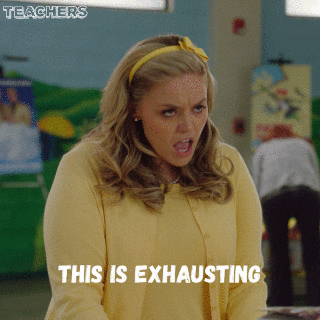
Here's what they had to say:
1."The pandemic put so much more pressure on me as an educator that I grew to hate the job I loved, and I quit after 10 years. I don't know *how* to teach well in the classroom the way it is today. In my experience, students don't want to be there. They don't see the point of in-person learning. Add to that virtually no support from parents or administration and I'm left with a group of silent students who won't look up from their phones, won't ask questions, and also won't do work. Calling home does nothing because the parents also don't care."
2."I feel like the kids have a lot fewer social skills now than they did pre-pandemic. I deal with second graders, and the number of times I have dealt with kids who don't know how to properly interact or socialize with their peers, or who would rather go play on a computer than play with their friends, is staggering."
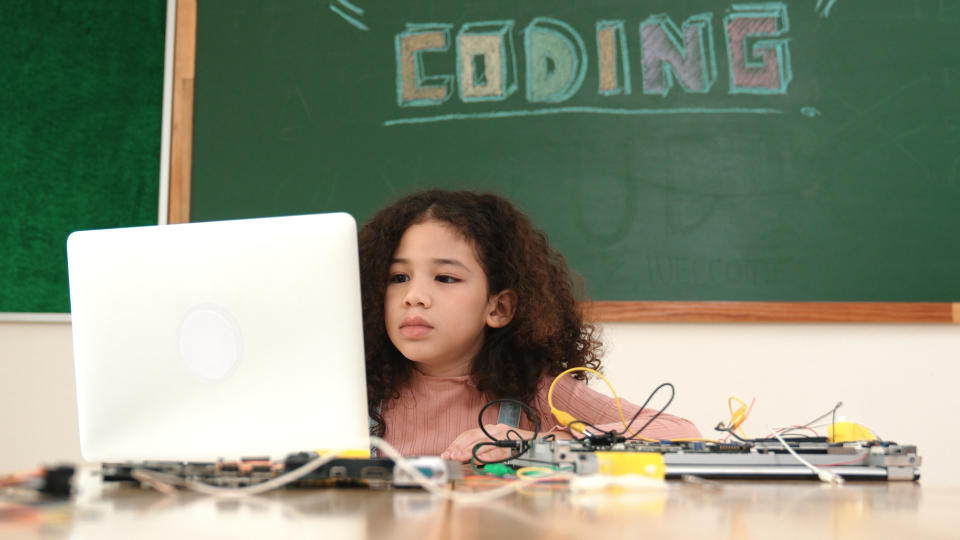
3."I am no longer just a teacher. I am now a social worker, therapist, guidance counselor, parent, etc. all while trying to get kids to care about whatever topic we're covering. I am teaching basic manners and explaining to students why their emotions are valid. I don't remember doing that prior to the pandemic. I love my job, but it has become A LOT since I was not trained to be in any of the roles listed above."
—29, Pennsylvania
4."Students are so addicted to screens. My fifth-grade students will have literal meltdowns if we do an assignment that is not on their device."
—43, Indiana
5."Everything is now officially online. It can be a good thing, but some of the teachers at my school think they don’t have to teach anymore. They just assign something on Reading A-Z and sit back and let the kids go to town. The kids finish assigned work, but are they actually learning anything?"
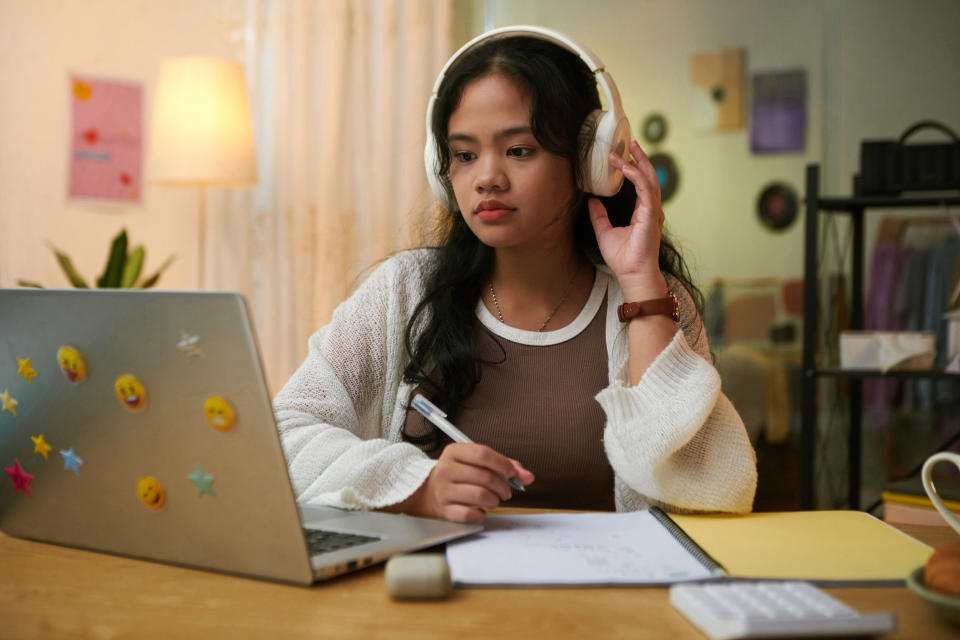
6."English teacher here. More than ever we have to deal with psychological issues in students, like depression and low self-esteem. When schools finally opened back up for good in April 2022 (here in Germany), students had gone for almost two years without proper education. At the same time, administrators ordered schools/teachers to gallop through the curriculum to 'catch up.' The result: Students who didn't know the basics were not supported and taught to their needs but were expected to 'keep up.' Many of them could/can not deal with the pressure of that impossible task."
7."The use of tech does not necessarily equate to bad teaching. I have students read on an online program that tracks their reading speed, how much they look up words, and how they answer complex thinking questions that I design. And my kids (high schoolers) can take their Chromebooks home or access things on their phones, so they can't lose the assignments. In that way, the pandemic has improved teaching somewhat."
8."There are RAMPANT attendance issues that were not as common before."
—32, North Carolina

9."Fine-motor skills are nonexistent. Eleven-year-olds cannot cut in a straight line, cannot color inside the lines, and their handwriting is atrocious!"
—43, Indiana
10."Unfortunately, behavior has changed for the worse due to two things: lack of social skills from being housebound and lack of discipline/attention from parents working from home."
11."My college students expect to Zoom into an in-person class or have complete video available afterward. I'm supposed to have all these contingencies available in case they don't feel like walking across campus."
—53, Tennessee

12."Many school systems changed policies during the pandemic flat-out stating that no teacher could fail a student for any reason and always had to accept late work of any quality under any circumstances and then didn’t change the policies back after lockdown was over. My district did not keep those rules in place, and that’s been hard for many students transferring in to adjust to. I teach older teens who come to our school from all over the country, and depending on where they were prior to my class, there is a VAST difference in preparedness and awareness of their responsibilities in terms of their own learning."
"A lot of them are genuinely shocked if they don’t automatically get 100% for turning in an assignment on time, even if the assignment doesn’t meet any of the metrics outlined on the syllabus other than the due date. I’ll also have students not turn in any assignments all semester, then assume it’s fine for them to turn everything in two days before final grades are due and that doing so will turn their grade around from an F to a B+. Through no fault of their own, they got used to not facing repercussions for failing to meet stated requirements and are shocked and sometimes even traumatized when they enter environments that are more rigorous about meeting metrics that, prior to the pandemic, were the norm."
—32, North Carolina
13.There's now an "expectation for instantaneous teacher responses since 'we’re on our computer all day.'"
—30, Illinois
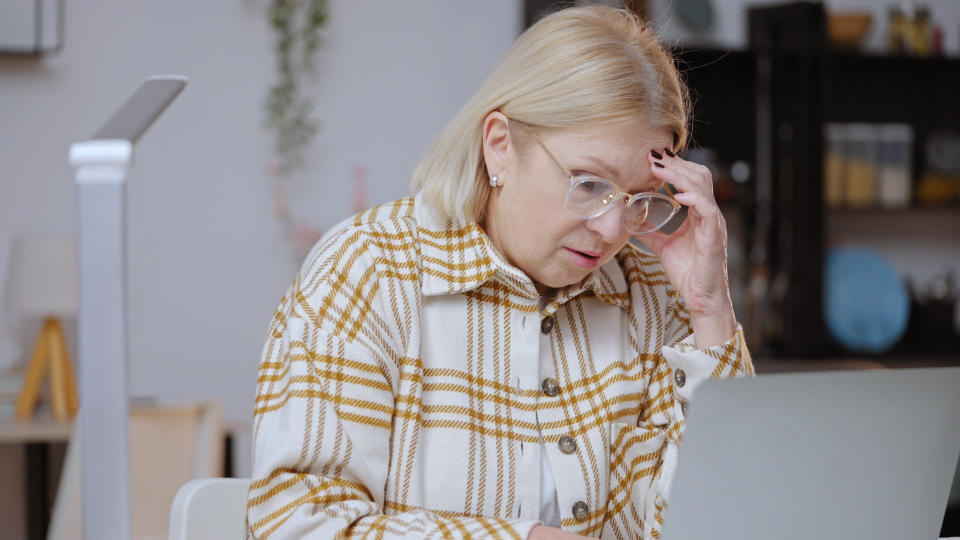
14."I teach elementary students with moderate to profound intellectual disabilities. Some of my older students could probably have been successful in the general education classroom with support but because they missed those fundamental years of pre-k, kinder, and some of first, they were diagnosed late and thus missed so many important interventions. They struggle with basic concepts because they weren't able to get the help they needed. They struggle with managing emotions or dealing with frustration because that wasn't something they had to learn to do. Now they are on a completely different graduation track because they are years behind where they should be. If they had been properly diagnosed and placed at an early age and gotten those interventions they would still struggle academically but they would have consistently been given the help they need."
—Katie, Texas
15."The kids have changed a lot. Far more students have anxiety now and need counseling. We have more 'runners' now, too (students who run out of class or try to run home)."
—49, California
16."I teach high school, and it seems like the students think they are capable of doing a lot less. They also don't make good use of class time given to them to work, nor do they do work at home. I give kids class time to read because they won't do it on their own, but then they play on their phones unless I constantly tell them to stop. They have no attention spans. They aren't any busier than any pre-pandemic group; they just lost all sense of time management."
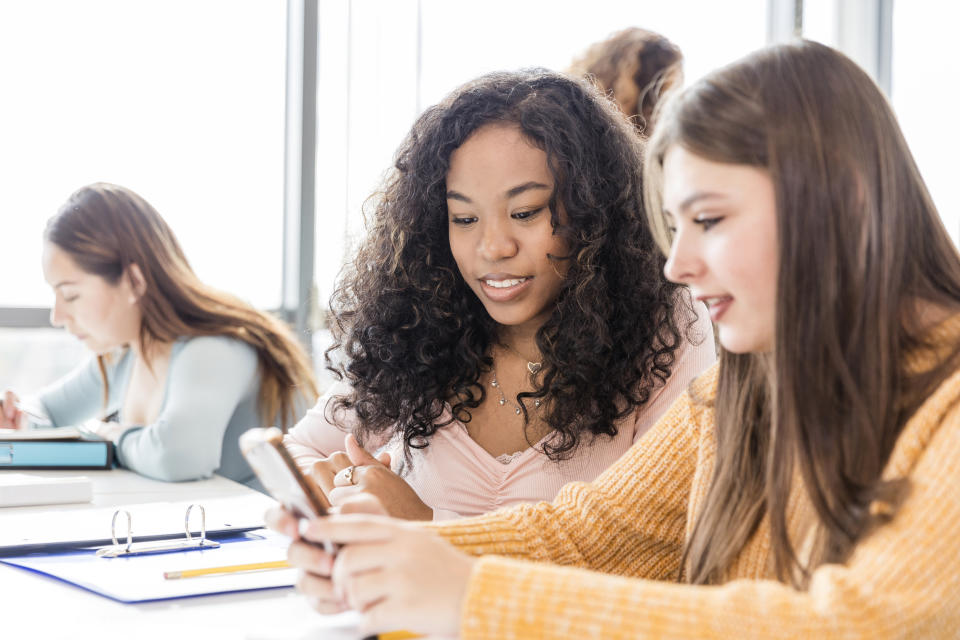
The two female high school students work together and use their cell phones to research during class.
17."Early childhood educator here and as someone who has worked in teaching pre and post-pandemic, I feel like the leadership involvement within situations has been less and less. Pre-pandemic, leadership was very involved and hands-on to find a resolution. Post-pandemic, leadership responses to classroom situations have had a significant impact on children’s health and safety, social-emotional development, and staff mental health."
—51, Wisconsin
18."No one is wrong anymore. If I ask a student to change their behavior for the setting they are in, such as the difference between playground behavior and home behavior students say they don't have to (more than once and different students in different grades). In class, they support their answers with 'because that's what I think.' It's great they're independent thinkers, but sometimes Alaska is not a tropical weather zone despite being close to Hawaii on the map and you can't throw rocks at your friends, in middle school."
—46, Arizona
19.And finally, "The teachers are still burnt out. We’ve all survived a trauma, but none of us have actually healed from it. People are calling out sick more, and, as a result, our district is policing our sick days. Rather than trying to address burnout, they are becoming more punitive. It’s pretty toxic now."
—49, California
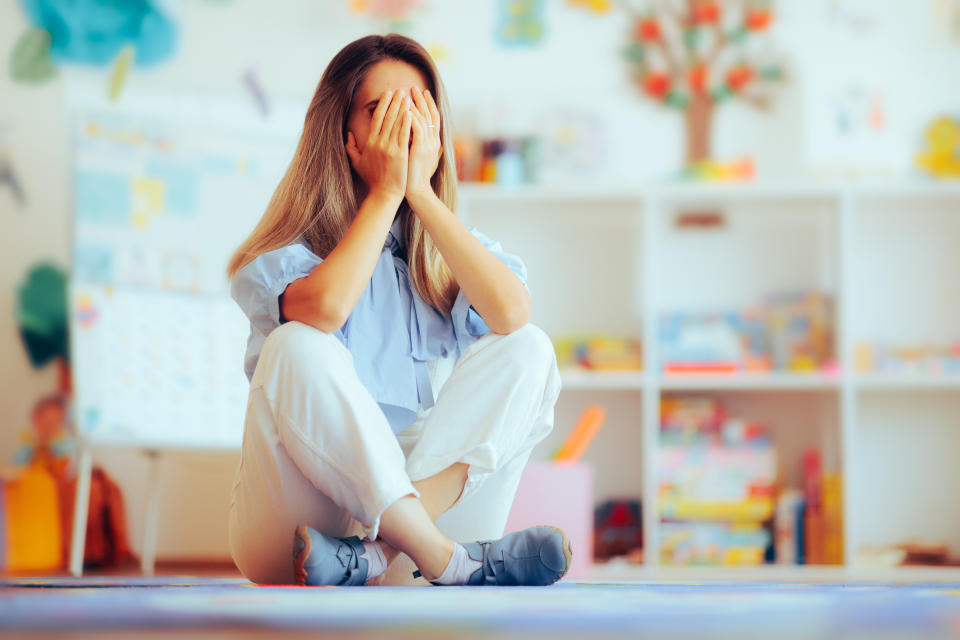
Note: Some submissions have been edited for length and/or clarity.

 Yahoo News
Yahoo News 
